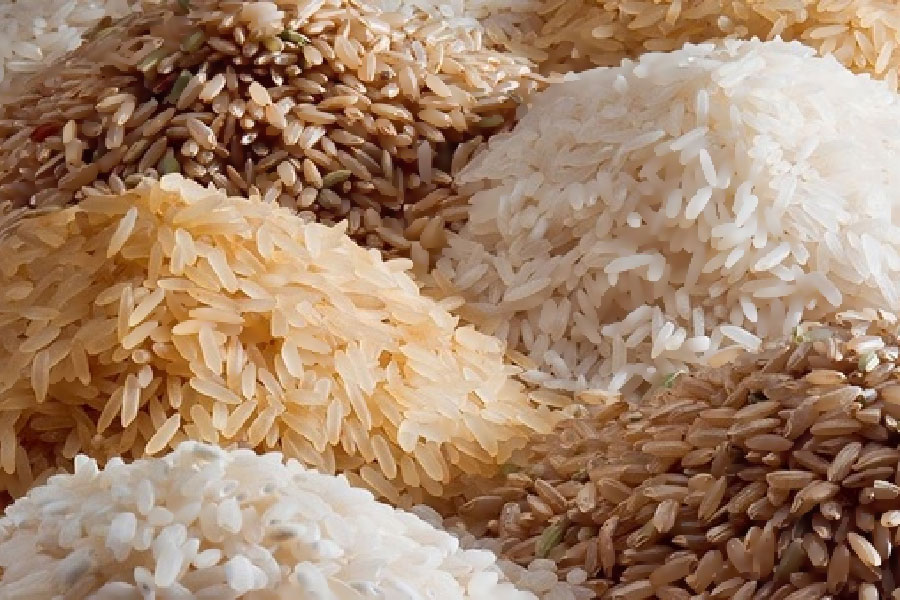According to anonymous sources, the government is currently in discussions about implementing a ban on the export of non-Basmati rice. The intention behind this measure, as per the sources, is to mitigate the potential inflationary impact in the lead-up to the elections. However, the information is not yet public, and the sources prefer to remain unidentified.
India, being the largest exporter of rice globally, is contemplating a ban on the export of a majority of rice varieties. This decision comes at a time when the disruptive El Niño weather pattern is resurfacing, which could further elevate the already high global prices of this essential food commodity.
According to undisclosed sources, the government is currently engaged in discussions regarding a proposal to prohibit the export of all non-Basmati rice. These sources, who wish to remain anonymous due to the information not being public, have stated that the authorities aim to prevent the possibility of further inflation prior to the elections.
If implemented, this ban would impact approximately 80% of India's rice exports. Although such a measure could potentially reduce domestic prices, it also carries the risk of causing global costs to rise even further. Rice serves as a staple food for approximately half of the world's population, with Asia accounting for around 90% of the global supply. Concerns over the return of the El Niño weather phenomenon, which could potentially harm crops, have already driven benchmark prices to reach a two-year peak.
India, which holds approximately 40% of the worldwide rice trade, has been actively working towards tightening the regulation of certain rice varieties in recent times. In response to the surge in prices of essential food commodities such as wheat and corn caused by Russia's invasion of Ukraine, India imposed a ban on broken rice exports and implemented a 20% duty on shipments of white and brown rice last year. Additionally, the country has imposed restrictions on wheat and sugar exports.
Despite efforts to gather comments, there has been no response from the food, trade, and finance ministries regarding this matter, as indicated by the lack of replies to email and text message inquiries from ICCBizNews.
This year, countries such as Indonesia, China, and the Philippines have been actively building up their rice reserves. The World Meteorological Organization has reported the development of El Niño conditions in the tropical Pacific for the first time in seven years. This weather pattern poses a significant threat of drought to several regions that cultivate rice. The potential ban on rice exports by India will only amplify concerns about the global supply of rice.
India's proposal comes in response to the acceleration of consumer price inflation in June, primarily driven by higher food prices. Bloomberg Economics predicts that inflation will further increase due to a recent surge in tomato prices, a crucial ingredient in Indian cuisine, as well as an upward adjustment in the government's support price for crops grown during the monsoon season.






.jpg)